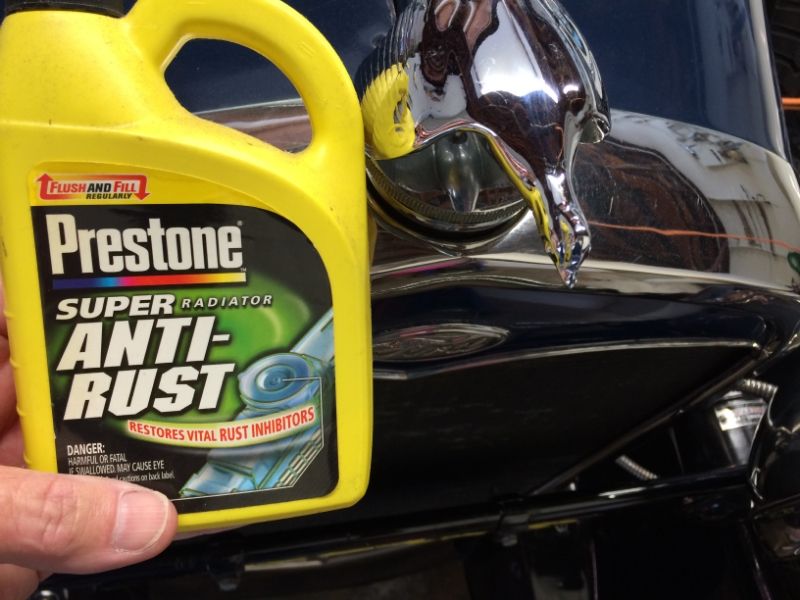Depends what the "cooling system" is trying to achieve.
In an engine, the coolant is trying to protect engine components, dimensions, and materials...
Transferring heat from the combustion chamber to the environment is antagonistic to fuel consumption, which is primary to the efficient use of the fuel in a street engine, but a necessary evil when it comes to keeping the metals in the combustion chamber cool enough to prevent end gas autoignition (or knock)...or pre-ignition which is worse.
Al's right, the thermal capacity of the unit is dependent on what can be moved to atmosphere, the heat sink to which all waste heat must go...and the problem is that the unit will reach a thermal equilibrium that will shift that much heat.
The interfaces that the heat has to pass through, in reverse order are
Ambient air/Radiator material ... radiator thickness ... radiator material/coolant ... coolant thermal capacity ... coolant/cast iron(or alu) .... cast iron thickness ... cast iron to hot gasses.
There's a spot in the middle for a thermostat which divides/isolates the two systems, and the function/location of that has a BIG impact on where heat rejection takes place.
So picking a constant coolant temperature, which is what a thermostat does as the control element, the metal temperatures in and around the combustion chamber will be higher running antifreeze mix than straight water.
This will be disadvantageous to engine knock, but better for heat loss and thermal efficiency...which wins will be determined by particular engine design parameters and tuning...
It's why I dislike water wetter advertised for street vehicles, it lowers the deltaT's and moves more heat out...and dropping the coolant concentration in summer would do largely the same.





